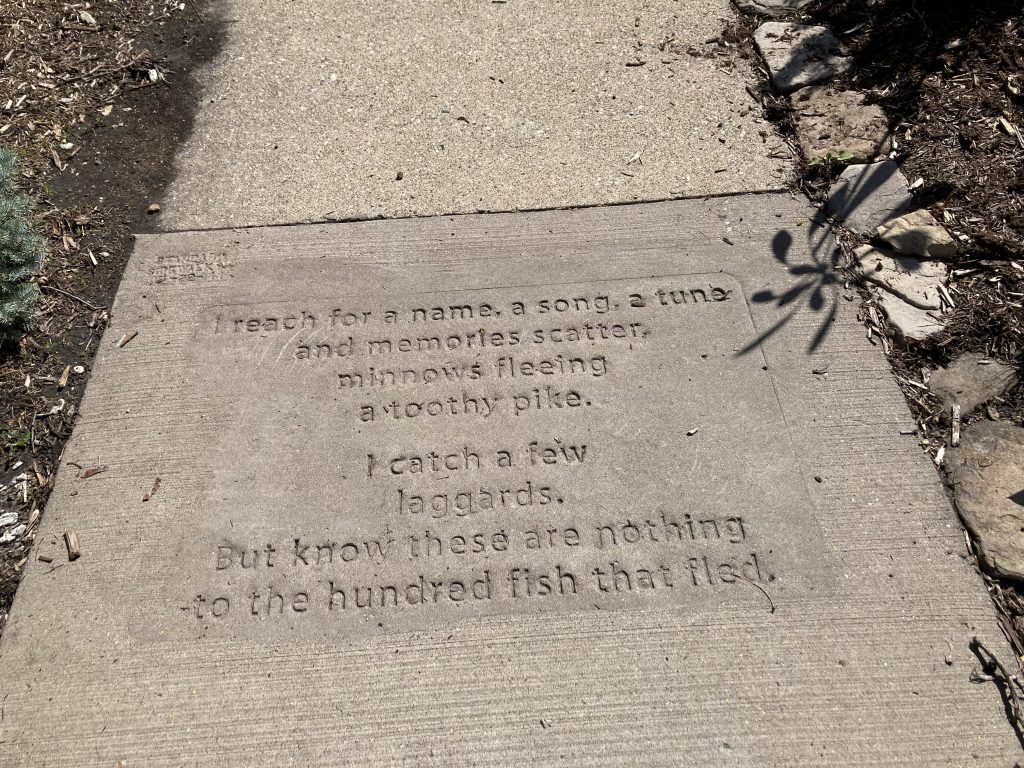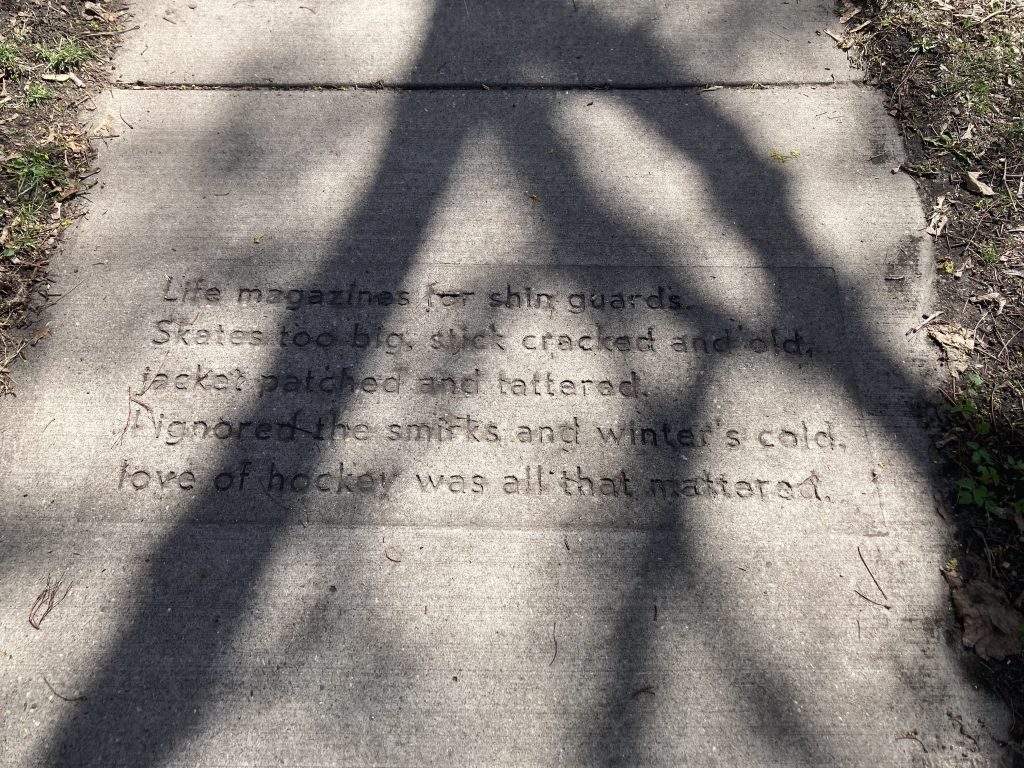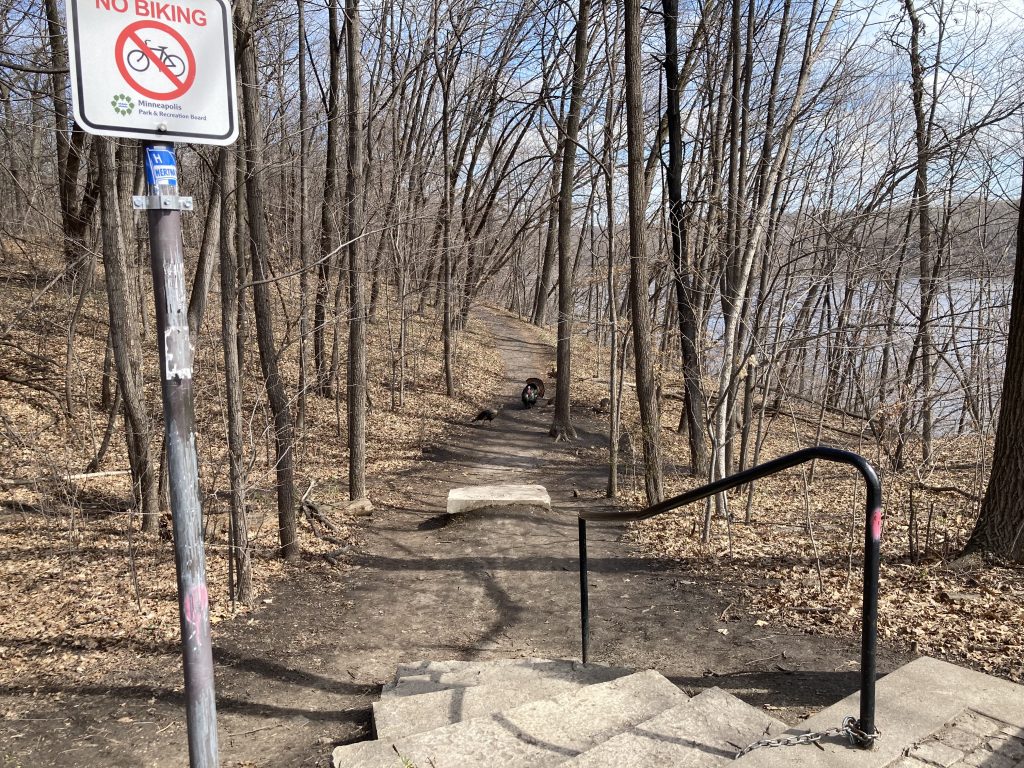4 miles
dogwood run
52 degrees
Did a run with Scott to Dogwood Coffee on a beautiful spring morning. Wore my new running shorts. They’re blue and very comfortable, which is a big deal because it’s difficult to find good running shorts. We ran north to the bottom of the franklin hill, then back up it until we stopped to walk for the last stretch. I know we looked at the river, but I don’t remember what it looked like. Was it smooth? Blue? Any foam? I have no recollection. I do remember that there weren’t any rowers on it. No geese either.
I talked about a video I watched earlier today on how to write poetry for beginners by a poetry influencer. (I didn’t like it). Scott talked about some drama happening in the big band he’s in.
After the run, waiting in line at Dogwood, I overheard the woman ahead of us tell the barista her name was Sara. She asked his name: Scott. I just had to chime in that we were a Sara and Scott too! She mentioned that she just met someone the other day who had the same birthday as her. The only 2 people I know that have the same birthday as me are two of RJP’s former frenemies.
Anything else? Not that many people running . . . just remembered that we saw two people running up the franklin hill. One of them was accompanied by a roller skier.
Also: as we ran under the trestle something was crossing the tracks above us. A train? Nope a truck with special wheels for riding on the track. I turned around and ran backwards to watch it for a minute and discovered that running backwards is kind of nice. I liked how it worked by leg muscles differently.
random etymology: Happened upon the origins of gnarled:
We owe the adjective gnarled and other forms of the word to our friend Shakespeare, who created it in 1603. In Measure for Measure, he writes, “Thy sharpe and sulpherous bolt splits the un-wedgable and gnarled oak.” But gnarled didn’t come into use again until the 19th century. In any case, word experts believe it’s related to the Middle English word knar which means “knot in wood.”
gnarled
Today is Ted Kooser’s birthday. I’m happy to report that although I thought he was dead — having posted about it on 22 april 2022, he is not! I’m not sure why I thought he was, but all the results on my google search indicate that he is still alive. He’s a wonderful poet, and person according to what I’ve read from poetry people on 2022 twitter. Here’s a poem I read this morning on poetry foundation:
So This is Nebraska / Ted Kooser
The gravel road rides with a slow gallop
over the fields, the telephone lines
streaming behind, its billow of dust
full of the sparks of redwing blackbirds.
On either side, those dear old ladies,
the loosening barns, their little windows
dulled by cataracts of hay and cobwebs
hide broken tractors under their skirts.
So this is Nebraska. A Sunday
afternoon; July. Driving along
with your hand out squeezing the air,
a meadowlark waiting on every post.
Behind a shelterbelt of cedars,
top-deep in hollyhocks, pollen and bees,
a pickup kicks its fenders off
and settles back to read the clouds.
You feel like that; you feel like letting
your tires go flat, like letting the mice
build a nest in your muffler, like being
no more than a truck in the weeds,
clucking with chickens or sticky with honey
or holding a skinny old man in your lap
while he watches the road, waiting
for someone to wave to. You feel like
waving. You feel like stopping the car
and dancing around on the road. You wave
instead and leave your hand out gliding
larklike over the wheat, over the houses.
Oh, I love so much about this poem — everything?! You can listen to him read it at poetry foundation (poem title is link). I want to spend more time with his writing.


